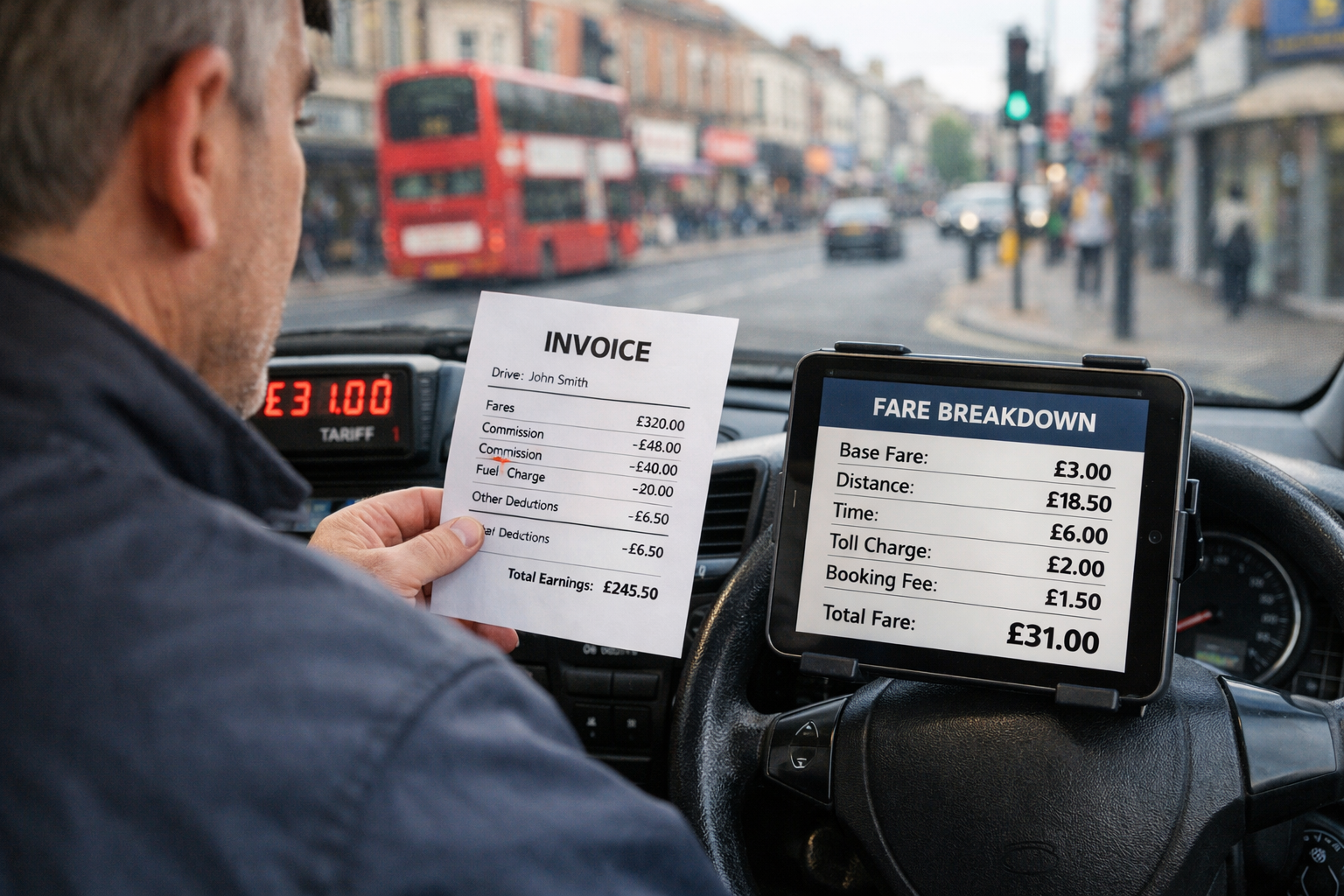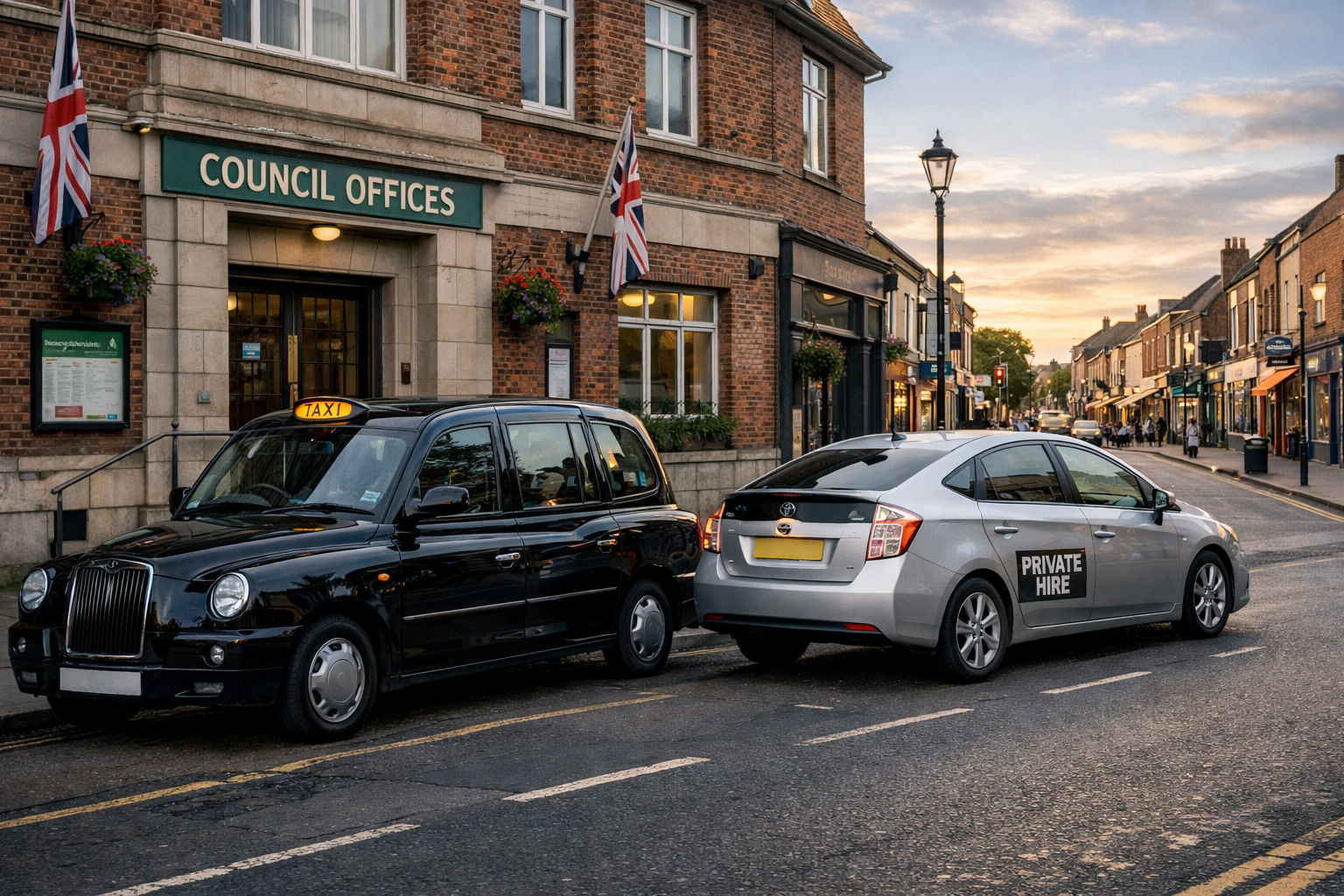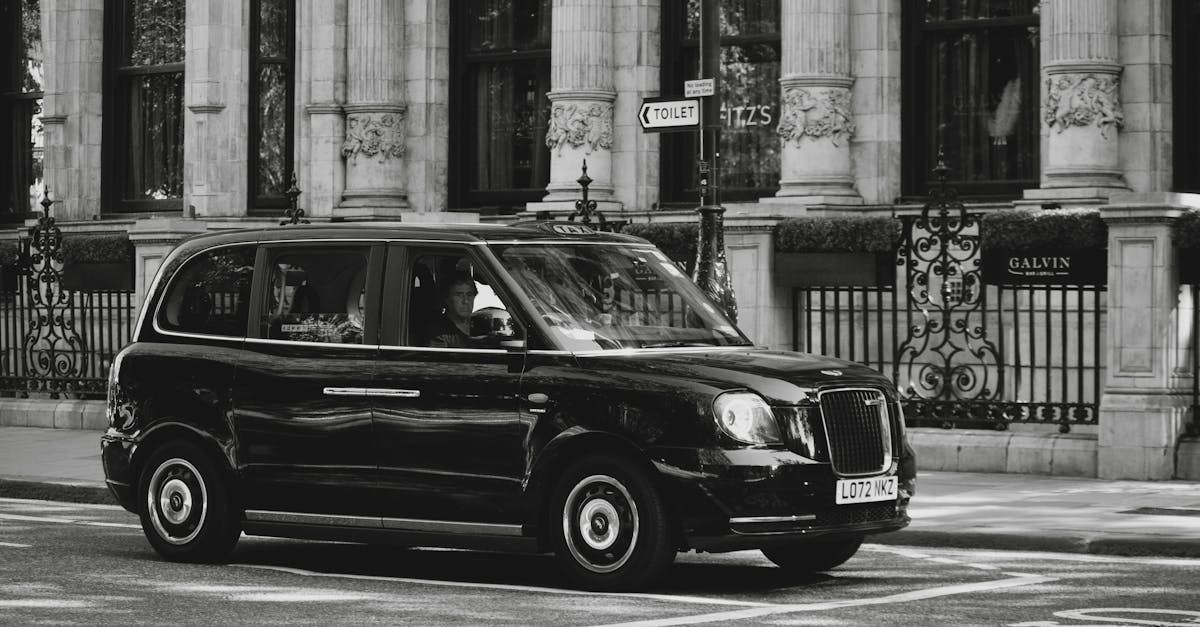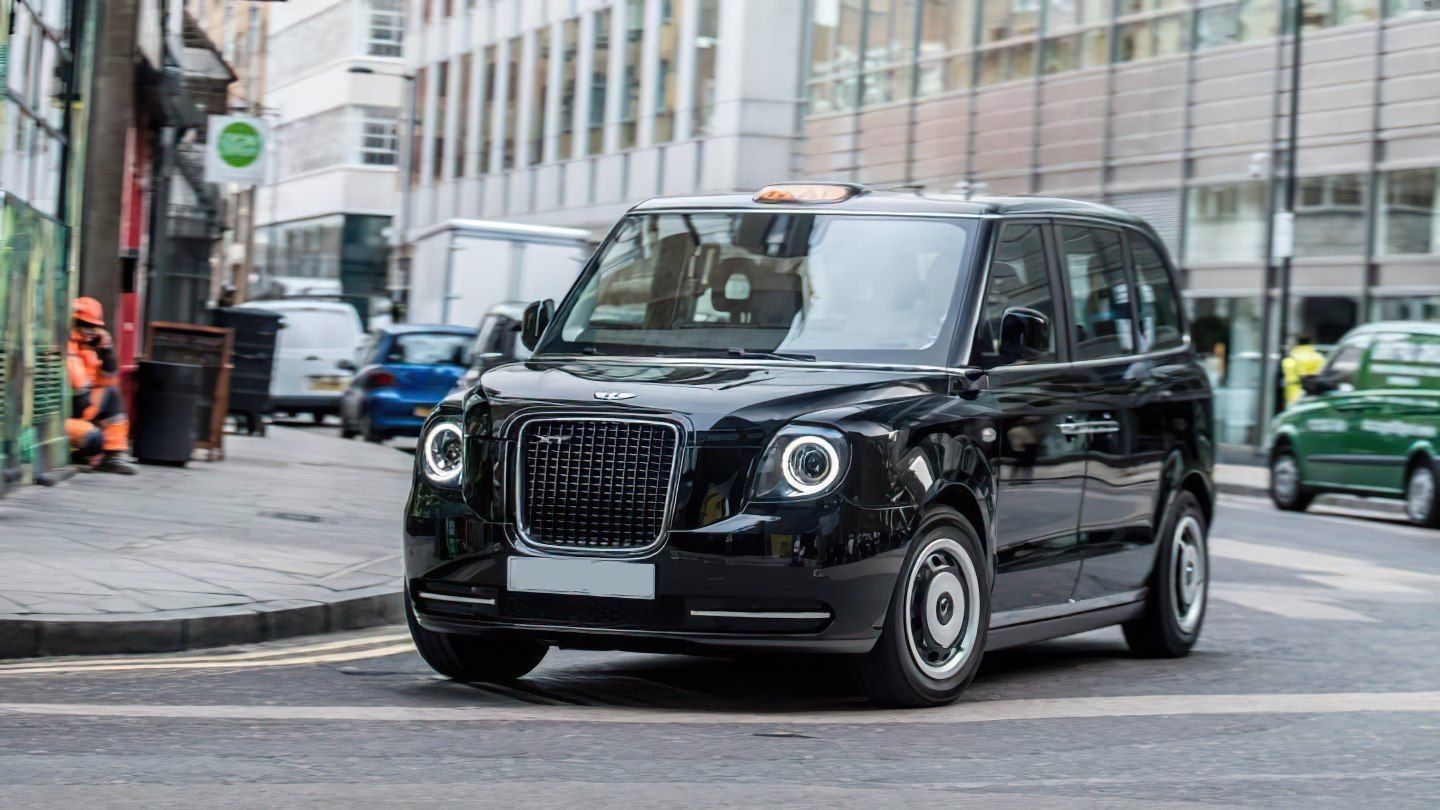The LEVC is designed for the city and enables drivers to benefit from modern drivetrains & wheelchair accessibility
Cardiff Taxi Drivers Offered Cash to Upgrade to Greener Hackney Cabs
"Cardiff offers funds for taxi drivers to switch to greener vehicles"
This initiative is part of the city's effort to reduce emissions and improve air quality.
Eligible taxi drivers can receive grants of up to £10,000 to facilitate the switch from older, more polluting vehicles to newer, cleaner alternatives.
Financial Impact on Taxi Drivers
Taxi drivers, who typically cover up to 50,000 miles per year, stand to benefit significantly from these incentives.
The cost of operating an electric vehicle (EV) is considerably lower than a petrol or diesel vehicle, primarily due to the reduced fuel and maintenance costs.
This financial support makes the transition to EVs more accessible, helping drivers save money in the long run.
Benefits of Upgrading
- Cost Savings: Electric vehicles are cheaper to run, with lower fuel costs and fewer maintenance requirements.
- Compliance with Low Emission Zones (LEZs): LEZs in city centers increasingly restrict older, high-emission vehicles, making EVs a more viable option.
- Environmental Impact: Switching to greener cabs reduces the overall carbon footprint, contributing to cleaner air and a healthier environment.
Practical Considerations for Taxi Drivers
- Home vs. Public Charging: Drivers with access to home charging can take advantage of lower off-peak electricity rates, further reducing operational costs. However, those without off-street parking will rely more on public charging infrastructure.
- Charging Downtime: Charging an EV takes longer than refueling a petrol vehicle. Taxi drivers need to plan for charging breaks, typically scheduling them during low-demand hours or overnight to minimize downtime.
Financing and Support
Cardiff City Council's grant scheme not only provides financial assistance but also offers support in sourcing and financing both new and used green vehicles.
This comprehensive approach ensures that drivers can transition smoothly to more sustainable options without bearing the full financial burden upfront.
LEVC London Hackney Cab
The LEVC London Hackney cab stands out as an excellent choice for taxi drivers. Its electric drivetrain ensures eligibility for the maximum incentives, while its wheelchair accessibility aligns with Cardiff’s inclusive transportation goals.
This model not only meets the environmental standards but also enhances service quality for all passengers.
We specialise in finance for LEVCs and can access exclusive stock.
For more information, visit the Cardiff Hackney Emissions Reduction Grant Scheme.
You might also like







